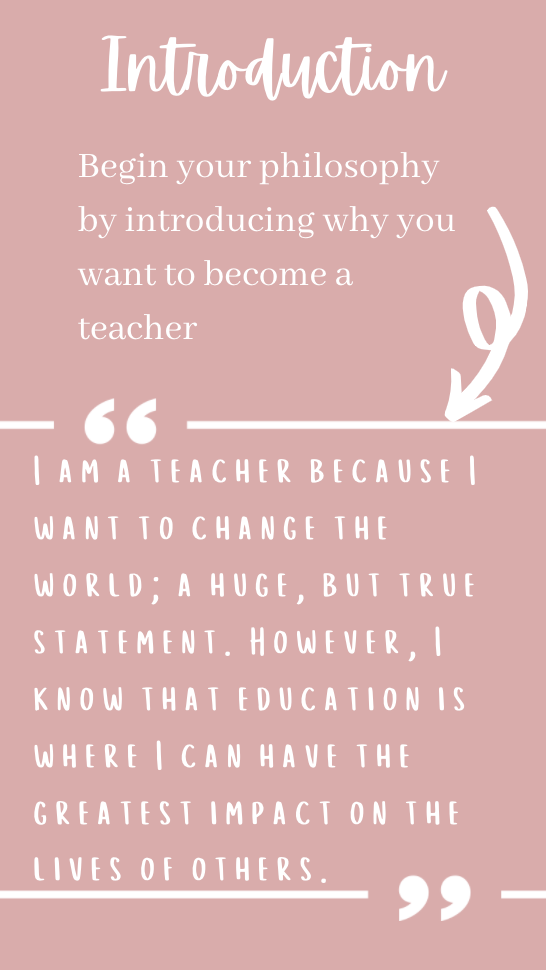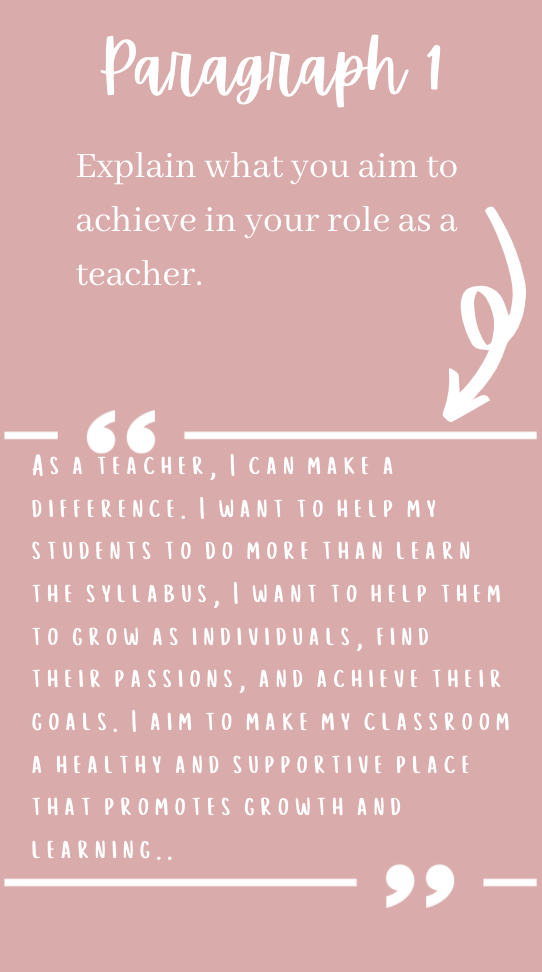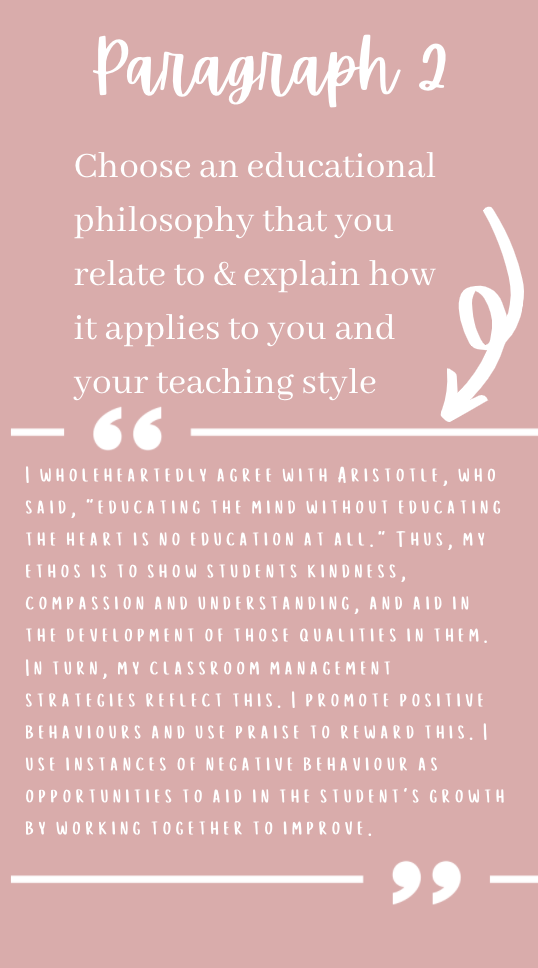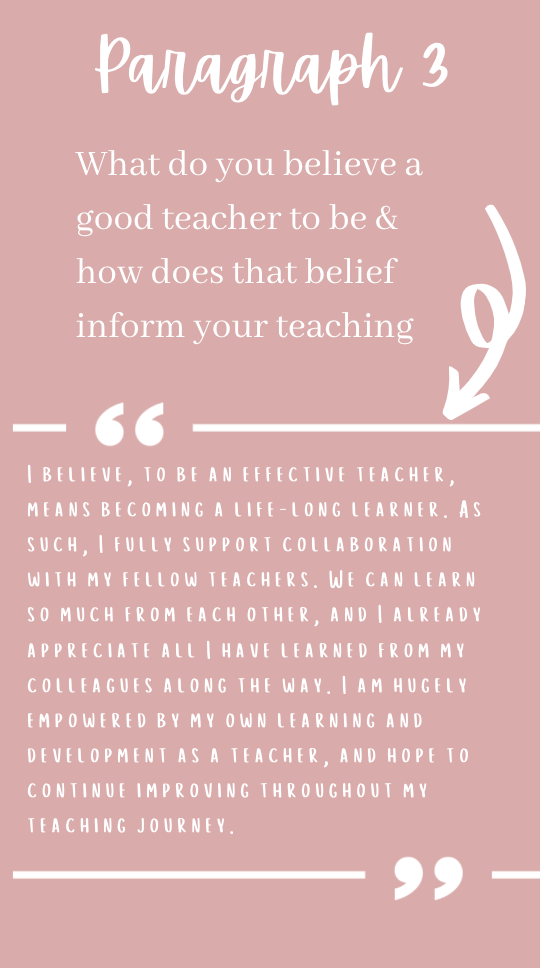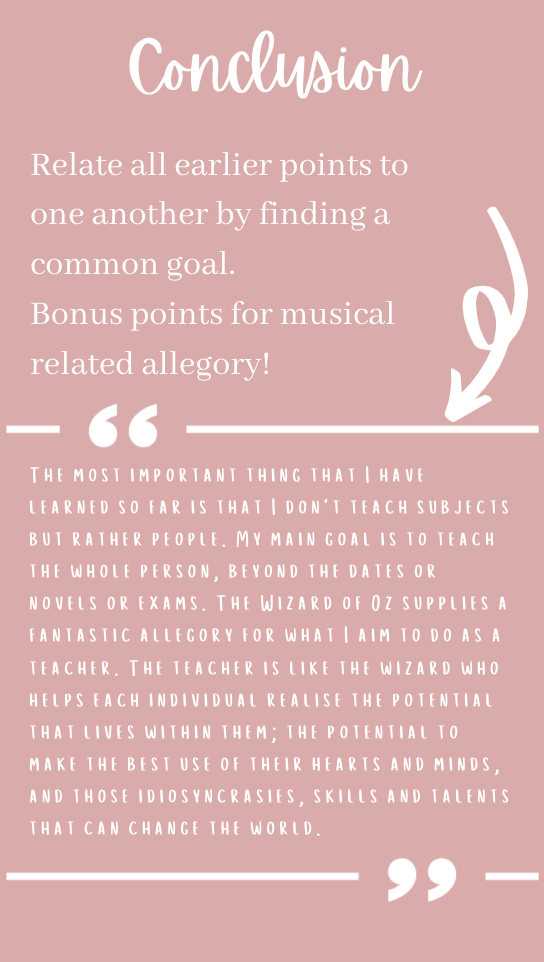It’s Job Application Season!
The Anatomy of a Teacher CV
Keep your CV short and sweet. Keeping it to one page means the person screening all applicants can scan the page to see all of your relevant information.
In your CV you should include:
Your name and contact information
The subjects you are qualified to teach
Your Teaching Council Number
A short introduction to yourself
Your relevant work experience listed in descending chronological order (from most recent to least recent)
Your 3rd Level Education and results (or predicted results if you are still completing your course). This should also be listed in descending chronological order
Any relevant voluntary work
You could include a short section including your skills and interests but usually there is a space for this on the school’s application form
Writing a Teaching Philosophy
It is important to have thought about your teaching philosophy before completing your job applications or attending interviews. It will help inform the way you answer questions and will make you personal teaching goals and teaching style clear from the outset. I have given an example of my own in the images above. I was inspired by Aristotle who said “to educate the mind without educating the heart is no education at all” and this directed me in responding to all types of questions. I made sure that my fundamental philosophy and goals were evident in all that I said. Find some philosophies that align with your values and base your responses around that.
Application Forms
Most schools now require you to complete an application form. Each school’s form is unique, which can be a pain to fill out. However, when you do a few of them you see that they are all looking for the same things. Some key points included are:
Teamwork
Personal teaching goals
Strengths and weaknesses
Your contribution to the school community
Experience based questions
Personal statement
The Interview
Preparation
Visit the school website and seek out the following information:
School motto/ethos - How can you relate this back to your own teaching philosophy?
School activities - What preexisting groups could you get involved with? Are there any gaps that you have identified that you feel you could fill?
Reflect on your teaching experience so far and draw up a list of your challenges and successes. I like to call these pits and peaks. Preparing these in advance is vital as it is hard to think of analogies on the spot.
Revise all of the up to date information on your subjects. Learn how it has changed at Junior Cycle, familiarise yourself with assessments and the curricular content.
Common Interview Questions
Why did you decide to become a teacher?
Why are you interested in teaching at our school?
What teaching achievement are you most proud of, and why?
How do you try to build a rapport with your class, as a teacher?
How do you recognise the achievements of students that perform well?
How would you prepare the classroom on the very first day of school?
How often do you plan to use technology in the classroom?
Are you willing to sponsor any sports, clubs or activities?
How would students, your colleagues, and administrators describe you?
Describe the best or worst lesson you have ever given. Do you know why it was a success or a failure?
How do you motivate disinterested students?
What is your teaching philosophy?
What kind of evaluation methods do you use?
Questions for the Panel
Why is this job available?
What is a typical day for a teacher in this position at this school?
How is the culture of education professionals at this school?
Is Droichead offered for new teachers?
How many students are there per class on average?
What is the level of technology in this school?
What goals do you have for the school this year?
What are the areas in the school that you believe warrant improvement?
Have you implemented any anti-bullying measures in the school?
Is there much support for the school from the community overall?


